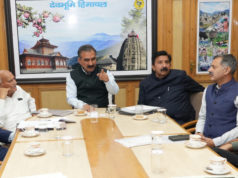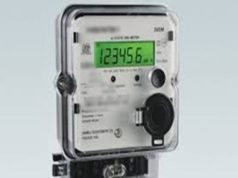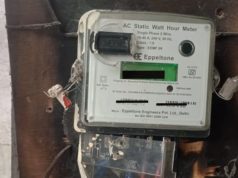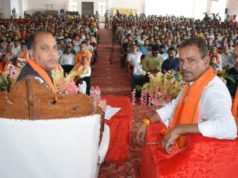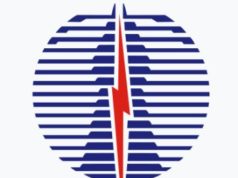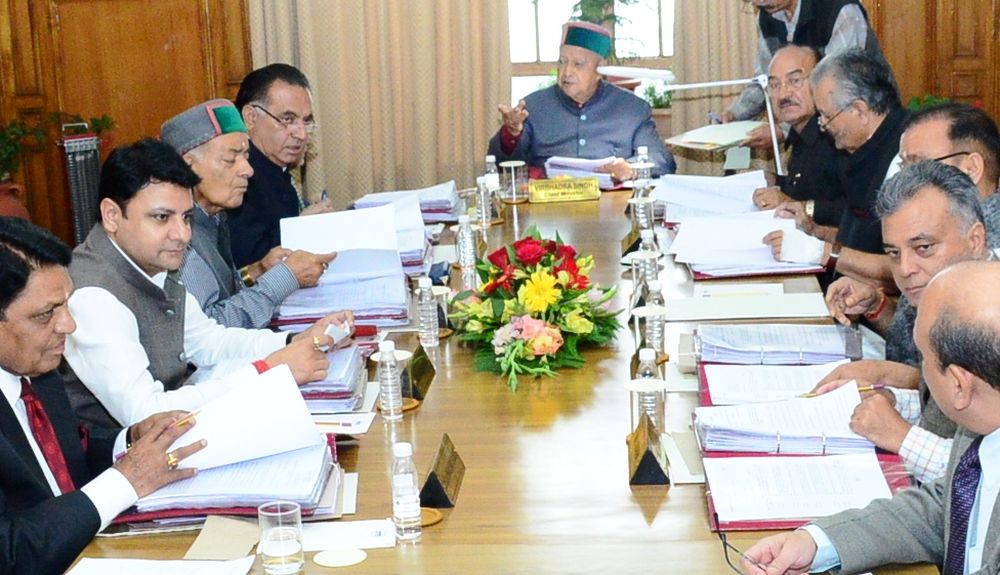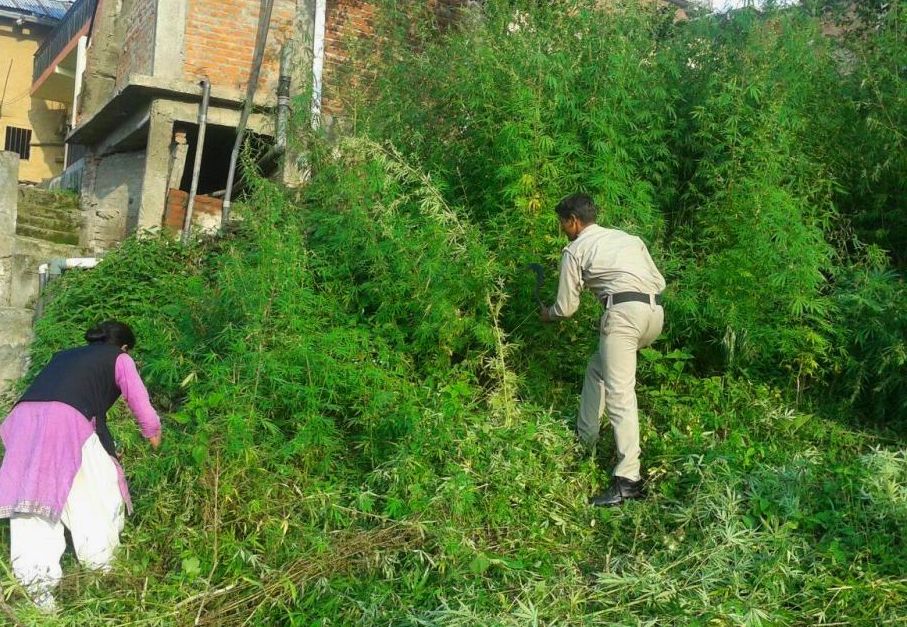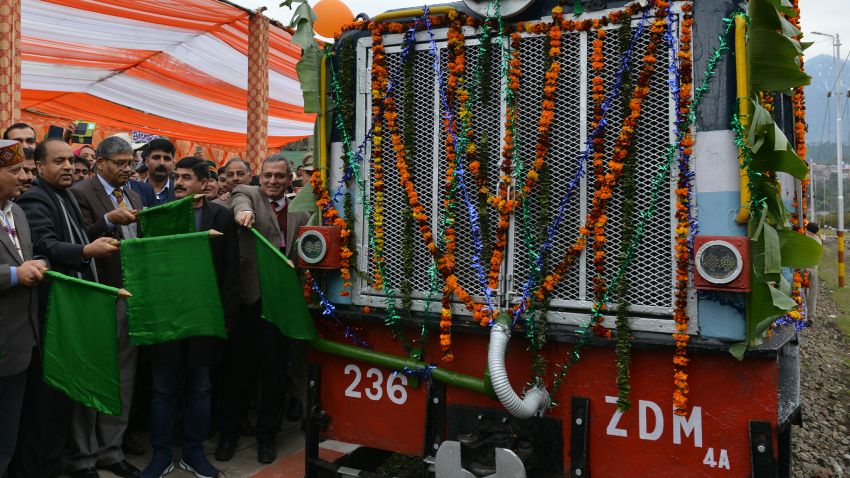In a stark revelation, the Himachal Pradesh State Electricity Board Limited (HPSEBL) finds itself in the throes of a financial crisis, hemorrhaging a staggering Rs. 150 crore each month. The HPSEBL Employee Union, sounding the alarm bells, has dispatched an urgent missive to Chief Minister Sukhvinder Singh Sukhu, imploring for swift remedial measures to salvage the sinking ship.
The union’s letter paints a harrowing picture of the board’s dire financial straits, attributing the mammoth deficit to a gaping chasm between incoming revenues and burgeoning expenditures. Despite recent tariff revisions sanctioned by the Himachal Pradesh Electricity Regulatory Commission (HPERC), the government’s reluctance to pass on these increases to consumers has compounded the Board’s woes. Instead, the administration plans to offset the augmented tariffs through state coffers, a move fraught with uncertainty regarding timely disbursement, reminiscent of the rollback debacle of the 125 units free power subsidy.
“The addition of increased tariffs alongside existing free power subsidies will inflate the government’s annual rollback obligation to HPSEBL to a staggering Rs. 2,300 crore,” the union lamented, forewarning of imminent financial peril should disbursements falter, mirroring the fate of previous subsidies.
Furthermore, the union revealed that the government intends to cease allocations to HPSEBL from its share of free power, effective April 2024. This cessation deals a severe blow to HPSEBL’s procurement dynamics, compelling the purchase of power from the open market at exorbitant rates, exacerbating the financial quagmire.
Moreover, the union highlighted a litany of unpaid dues, including retirement benefits and outstanding liabilities totaling a staggering Rs. 1,650 crore, further underscoring the Board’s precarious fiscal predicament.
In light of these revelations, employees have proffered a series of pragmatic solutions, including a reassessment of decisions concerning the Energy Management Centre and the resumption of government allocations from the free power share. They advocate for either the direct passage of revised tariffs to consumers or government subsidies to mitigate the burden on HPSEBL. Additionally, calls for a reevaluation of the smart metering implementation underscore the need for judicious fiscal management in navigating these turbulent waters.
As Himachal Pradesh grapples with the specter of collapsing electricity infrastructure, the urgency for decisive action cannot be overstated. Failure to heed these warnings risks not only the viability of HPSEBL but also threatens the welfare of countless consumers reliant on affordable electricity. In this crucible of financial adversity, the onus falls squarely on the government to chart a course towards sustainable solutions, lest darkness descends upon the hills of Himachal Pradesh.




